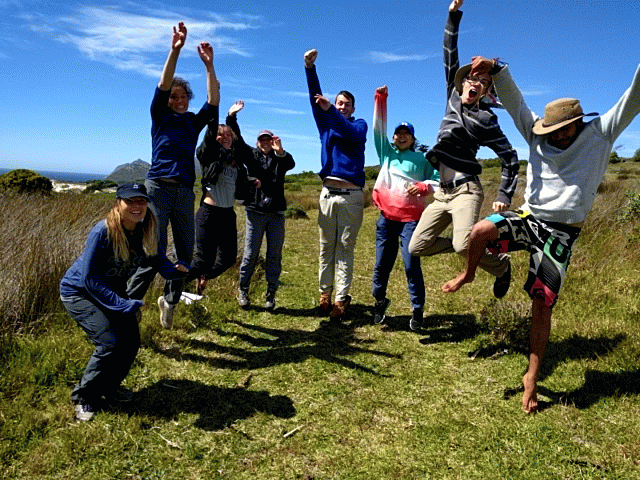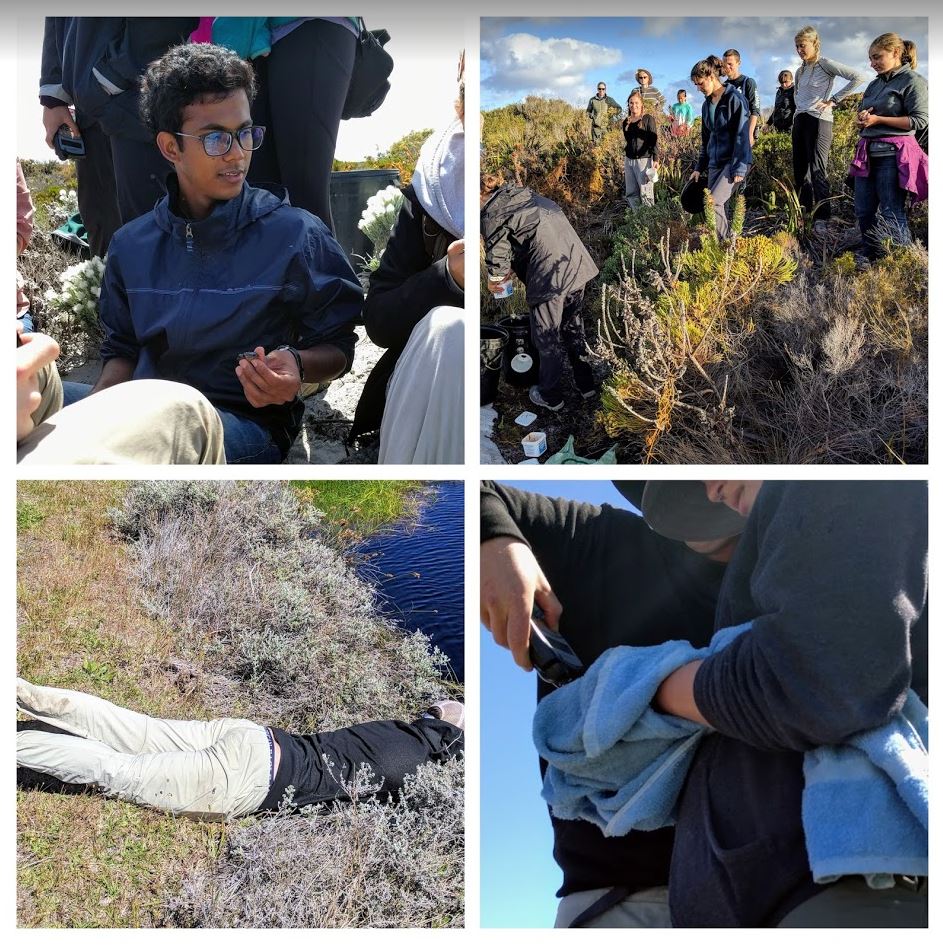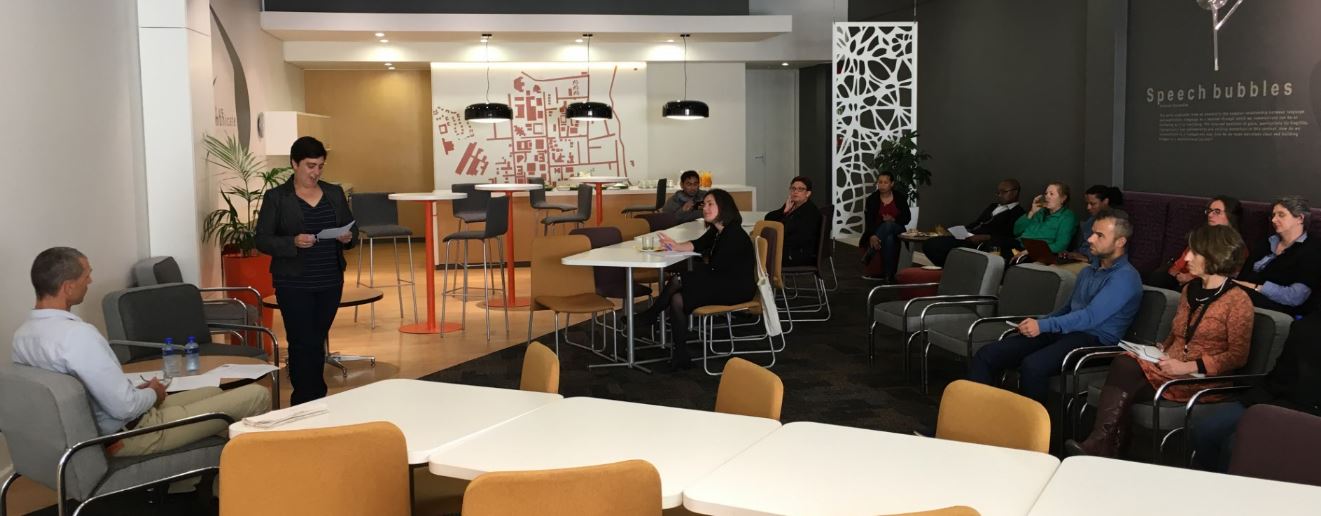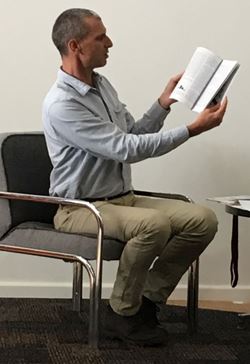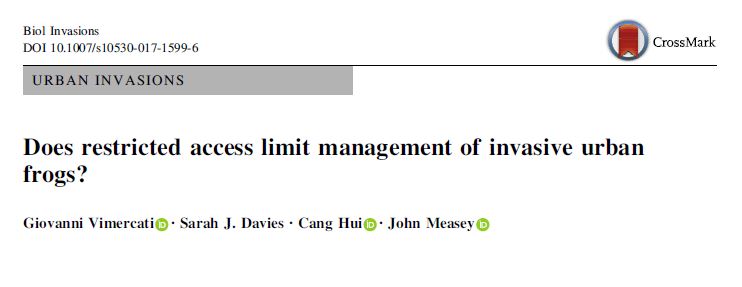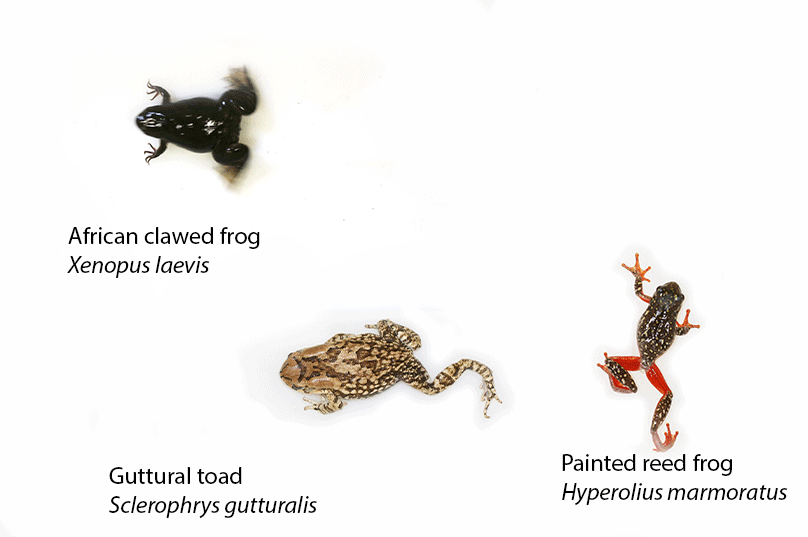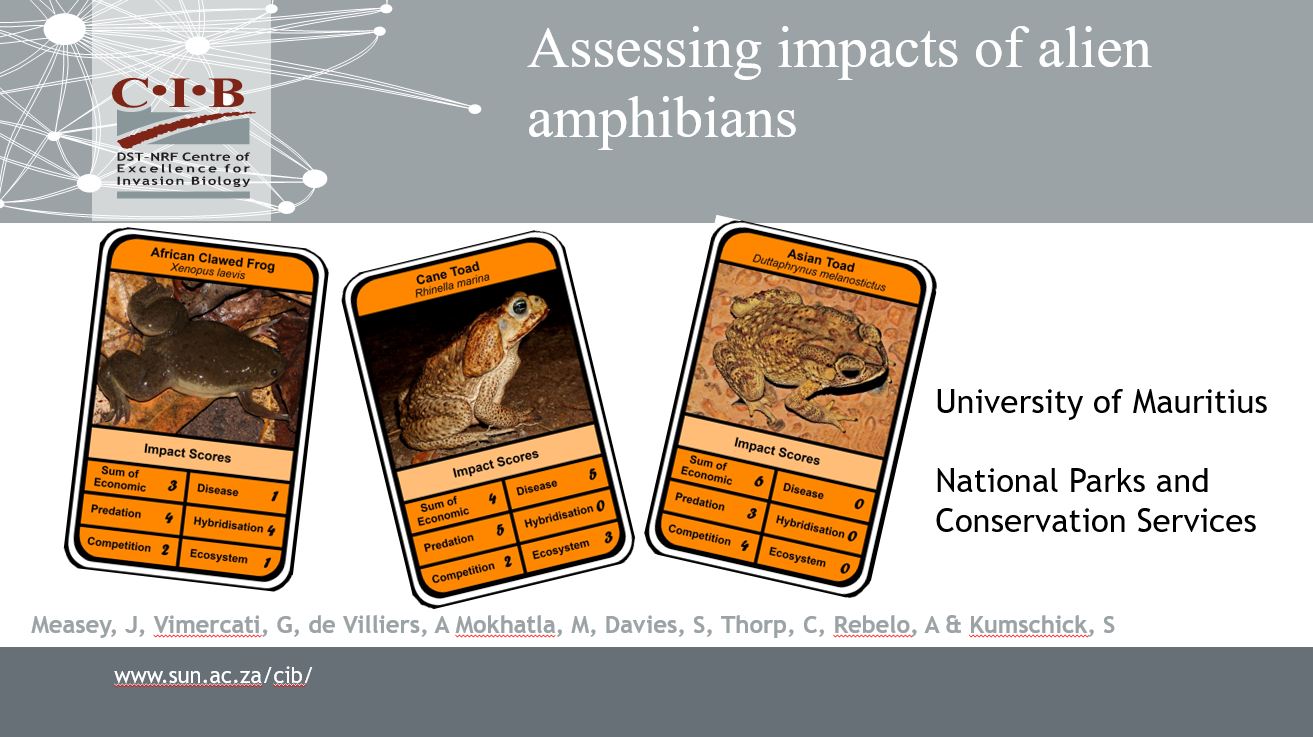Why do I like to publish with the Open Access journal: PeerJ?
The academic journal PeerJ has now been going for 4 years. I learned of its existance early on in 2013, from a colleague at NMMU, and quickly started reading more about it. In addition to being Open Access and not impact focussed (the importance of which we'd learnt from PLoS-ONE), I was initially attracted by their policy of publishing reviewer and editorial comments. This was the transparancy that I'd craved for a long time. Credit and accountability for reviewers and editors, allowing them to take their game to the next level. All reviews can be cited as each carrys a doi. This is a great way for students to learn about the peer review process, and demystify it for interested members of the public.

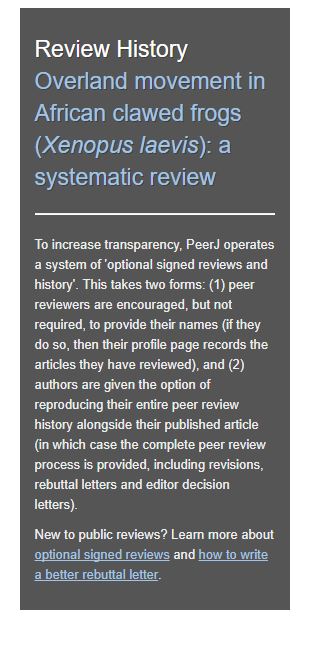
Next, I was drawn by the novel idea of membership for authors. You can buy three levels of life-time membership entitling you to publish one, two or as many articles as you like for the rest of your life. The inital rates have changed somewhat (see here), and there are some extra requirements, but the spirit of PeerJ as a community continues. PeerJ has now added an Article Processing Charge (APC) which makes it look more similar to other Open Access journals (currently standing at US$ 1 095). This doesn't make the old memberships invalid, but allows for easier fiscal understanding of univeristy finance departments; not many of them understood the membership system. The PeerJ APC is also much more reasonable than that of most other APCs, but it continues to be out of my reach. Sadly, I can really only afford to publish on my existing membership (and with other members).
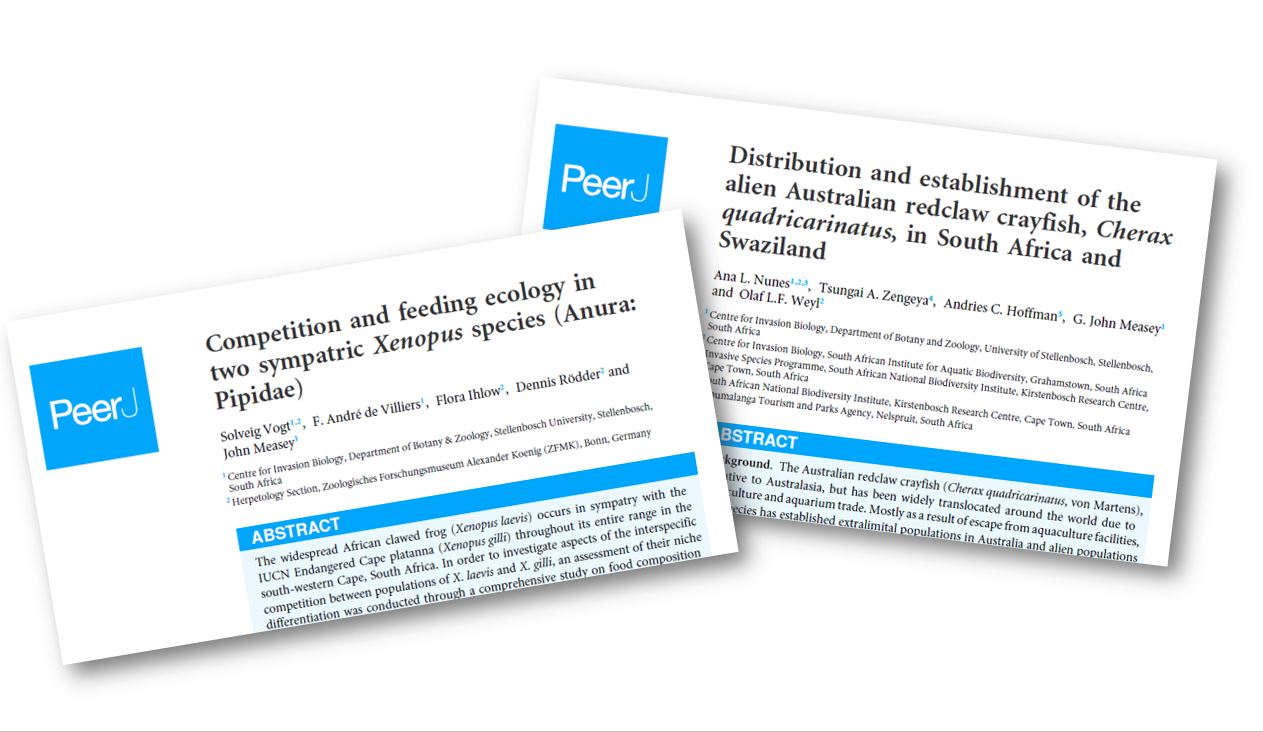
There is real care in the copy-editing process. The PeerJ staff are a pleasure to interact with, and they really do care about what is published under their banner. They will follow through with the last wishes of the handling editor and make sure that all of your permissions are what they claim to be. There is the real feeling that it's a quality product, and this draws community loyaly: it's certainly got mine.
Lastly, there are a bunch of extras that make PeerJ a pleasure to work with:
- The aesthetically pleasing clean look to both their articles and website as a whole.
- The clear instructions and community guidelines
- The up to date policies and procedures
- Copyright to authors
- Clear requirements for who gets to be an author
- Publication ethics
- Data sharing
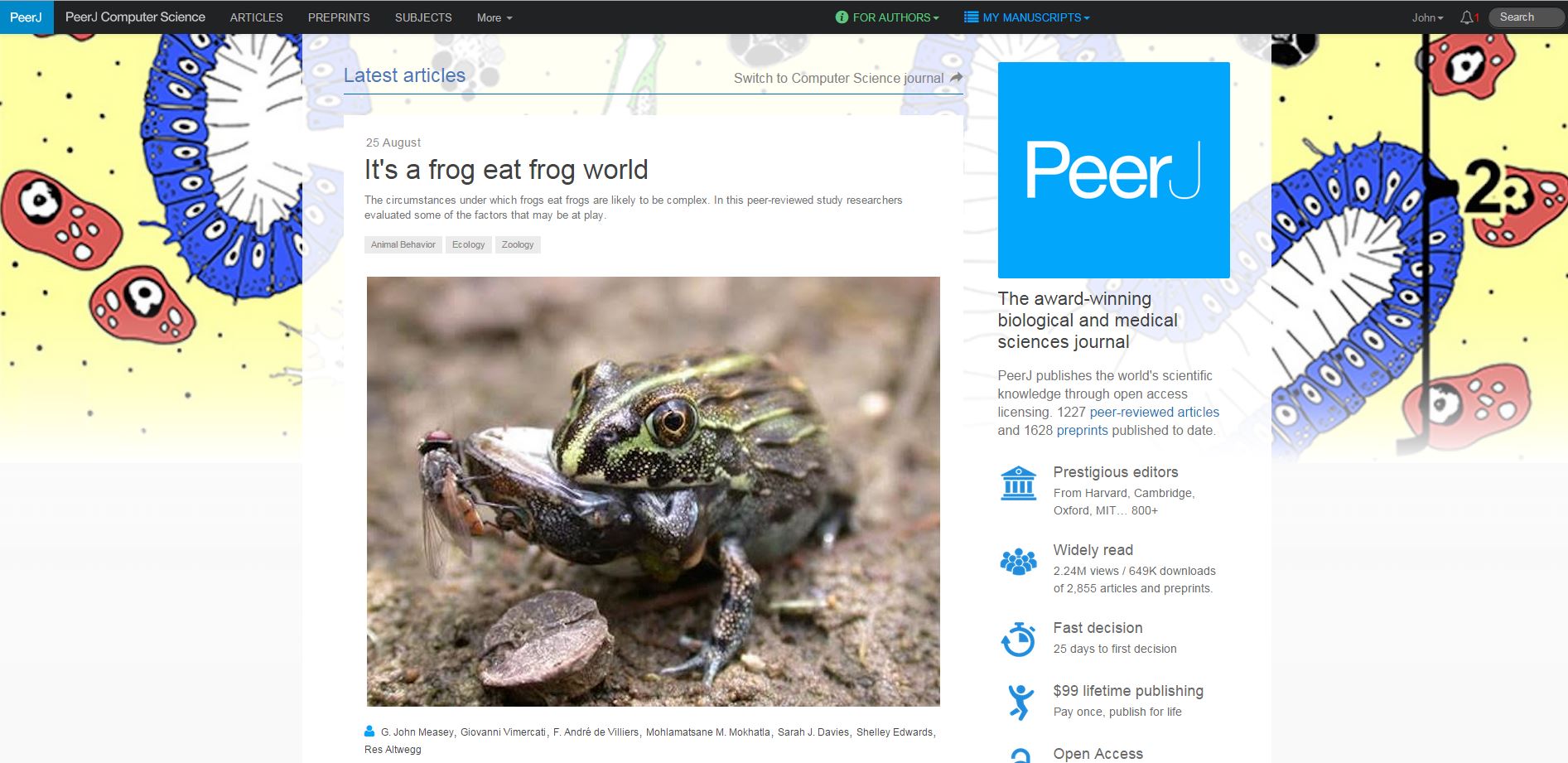
I've now published 7 papers with another already in review. I've edited a further 12 and you can see my current record here. The journal has published 4 041 papers, and there are a few spin-off publications in the same stable: PeerJ Computer Science and PeerJ Preprints.
